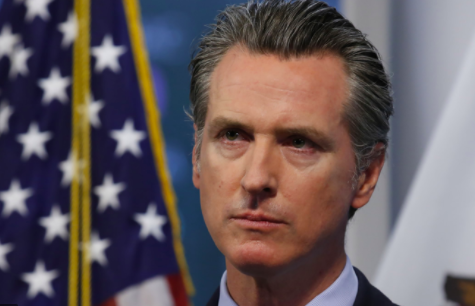I’m glad the Chron has decided that the governor of California has too much power to fill vacancies in statewide elected offices:
Bonta also marks the governor’s third effectively unilateral elevation to an elected statewide post in as many months. That amounts to a remarkable string of setbacks for California democracy.
The appointments, subject to virtually assured confirmation by lawmakers, are a strange way to fill powerful and prominent elective offices in a state that asks voters to decide such minutiae as how to regulate dialysis clinics every few years.
More:
The jockeying to succeed Bonta in the Assembly has already begun, but that contest will be decided the right way: by a special election. California’s top officeholders would have a more meaningful mandate — and be more likely to serve out their terms — if the governor and the Legislature returned the power to choose them to the people.
I wonder if the paper would apply the same logic to San Francisco – because in the past it never has.

In San Francisco, if any elected office becomes vacant, the mayor makes an appointment. Our City Charter goes much further than the state Constitution: In San Francisco, the chief executive can appoint members of the legislature. At one point, thanks to a series of political moves, a majority of the Board of Supervisors had been appointed by Mayor Willie Brown.
The mayor can appoint members of the School Board and Community College Board (which are not under the purview of the Mayor’s Office), as well as a city attorney, district attorney, public defender, sheriff, treasurer, and assessor-recorder.
This has often led to mischief, as mayors have used these powers to juggle offices around (appointing, say, a supervisor as city attorney or assessor-recorder to allow themselves another appointment to the board).
Then-Sup. John Avalos tried in 2014 to get a Charter Amendment on the ballot to force special elections for supervisor and other citywide offices – just as the Chron now says we need to do with statewide offices. The Chron, Avalos told me, didn’t support the idea.
“Nope, never,” he said. “The don’t like how progressive the Democratic base has moved so that Newsom has to make more anti-corporate appointments.”
So I wonder: If someone on the board brings this back – maybe as part of a more comprehensive City Charter reform – will the paper that has never sought to limit the power of the city’s mayor finally come around?






